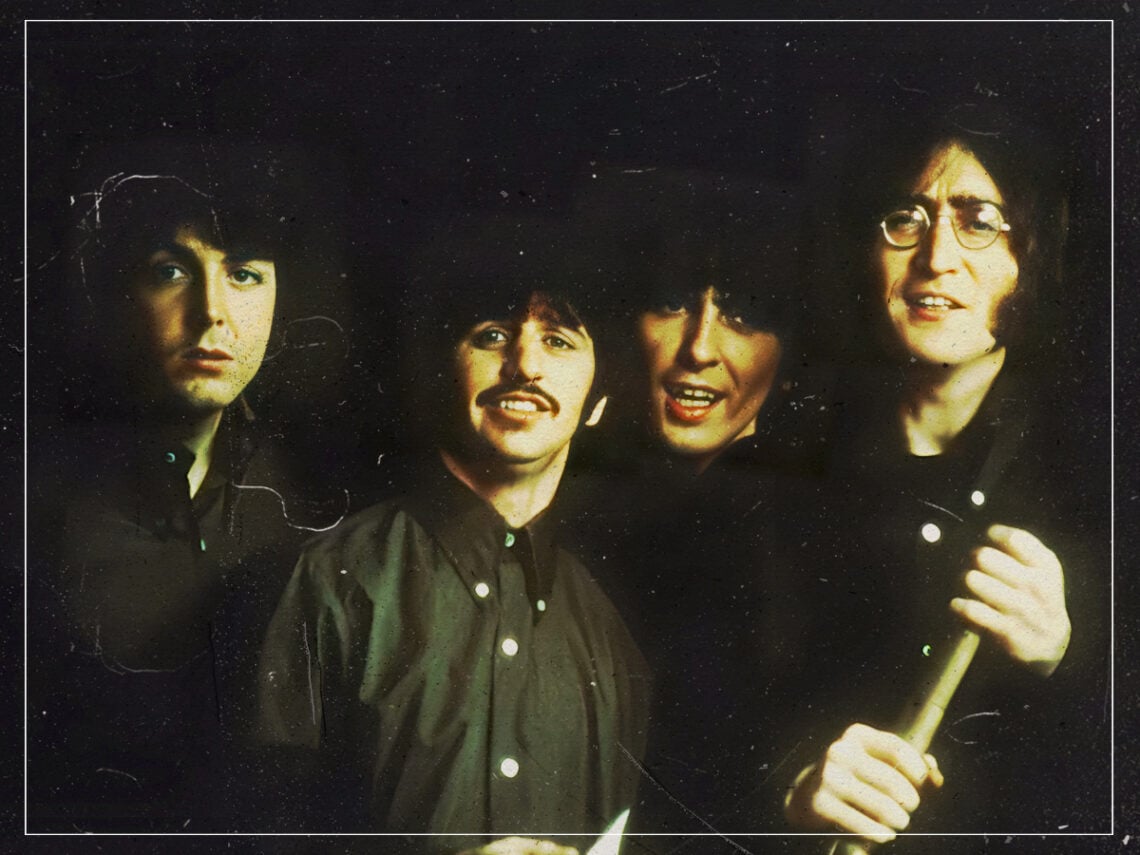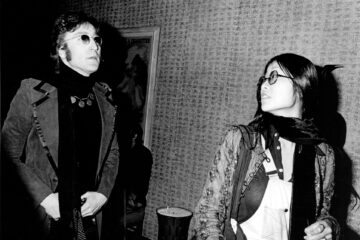The 1966 single ‘Eleanor Rigby’ was a landmark moment for The Beatles. For a start, out of all the tracks on their contemporaneous album Revolver, it was one of the least obvious choices to release on its own for radio play. A mournful minor-key piece of chamber music with gothic undertones about people who live and die alone hardly sounds like Top of the Pops material.
Then there’s the song’s musical arrangement. Its writer, Paul McCartney, took inspiration from his earlier composition ‘Yesterday’ to create a complex chord progression for strings. The melody in the verses of ‘Eleanor Rigby’ is also incredibly intricate, featuring a series of descending triplets that give the song its eerie churchyard sound.
Producer George Martin suggested a string octet alone provide backing for The Beatles’ voices. As such, it was the first Beatles song recorded without the use of a guitar. Martin wrote the string arrangement himself, dividing four different parts among the eight session players.
For the most part, the strings play a harmony track in an incessant staccato rhythm, which Bernard Herrmann’s score for the Alfred Hitchcock film Psycho had inspired Martin to use. However, McCartney was an active collaborator in the recording of the strings. Before one outtake, Martin is recorded saying, “Listen to this, Paul. This is without vibrato on the rhythm bit”. In the end, exactly how the strings sounded was McCartney’s decision.
So, who were the players?
There are two violas and two cellos playing on the recording of ‘Eleanor Rigby’, which give the song the closest thing to a “hook” prior to each verse. The cello then returns with an unsettling solo flourish at the end of each verse line.
Four violins play the arrangement’s two top parts, including the Psycho-esque string stabs and an arpeggiated downward flourish at the end of each chorus. The violas, meanwhile, play the lead part heard prominently throughout the chorus.
The violinists were led by National Philharmonic Orchestra co-founder Sidney Sax, who had been conducted by Hermann on multiple occasions, including on the soundtrack for the Hitchcock film Marnie. Sax had recorded with The Beatles before on ‘Yesterday’, as had fellow violinist Tony Gilbert. But only Sax would go on to perform on the later single ‘All You Need is Love’.
On cello, meanwhile, Aeolian String Quartet member Derek Simpson was joined by Norman Jones. Both would later feature on the 1967 Beatles single ‘Strawberry Fields Forever’. The octet was completed by John Sharpe and Juergen Hess on violin and Stephen Shingles and John Underwood on viola.
Whatever else these highly esteemed professional classical musicians achieved during their long careers, they never left another mark, quite like their exquisite accompaniment to one of the most revolutionary songs The Beatles ever released. It’s a permanent part of music history, where they all belong.



